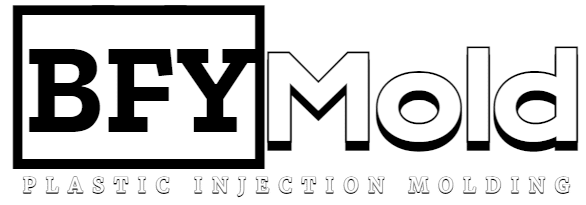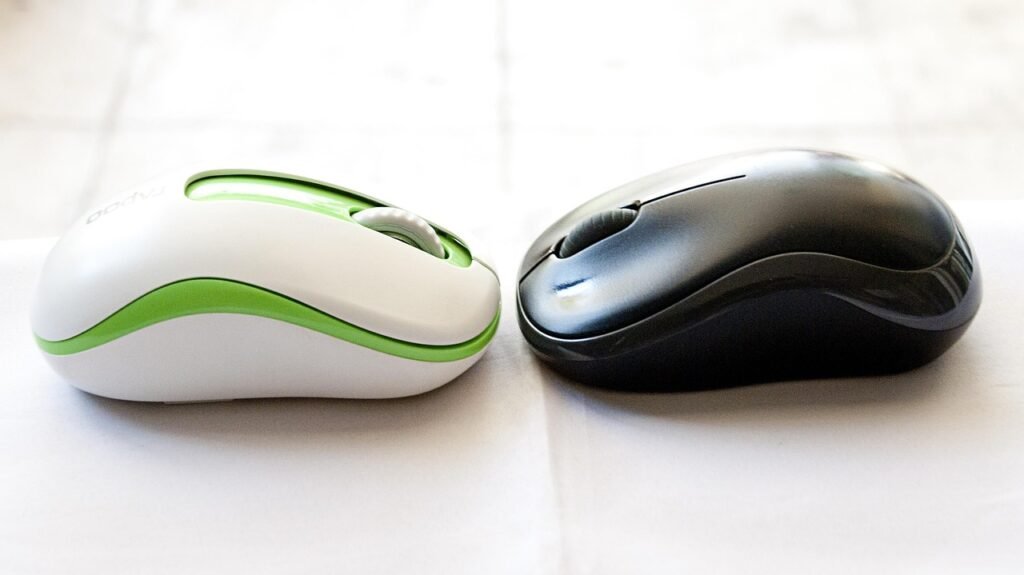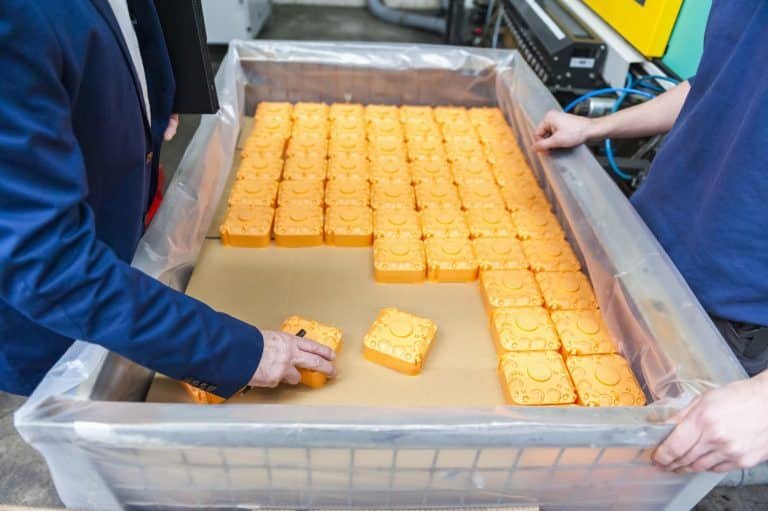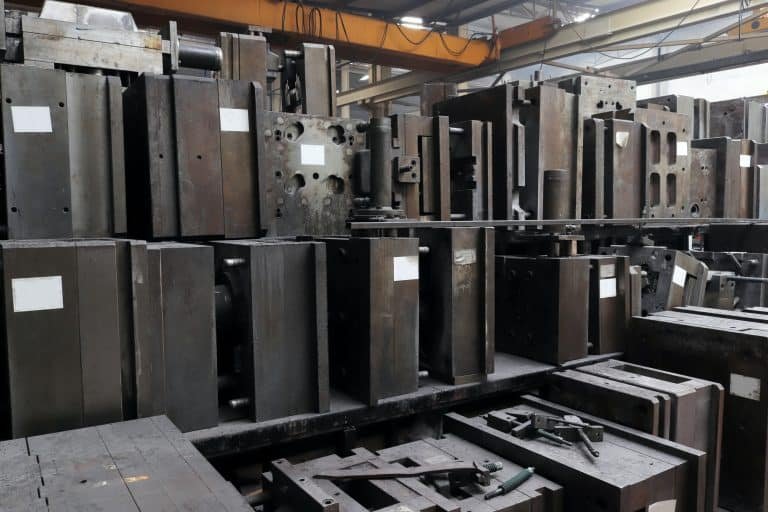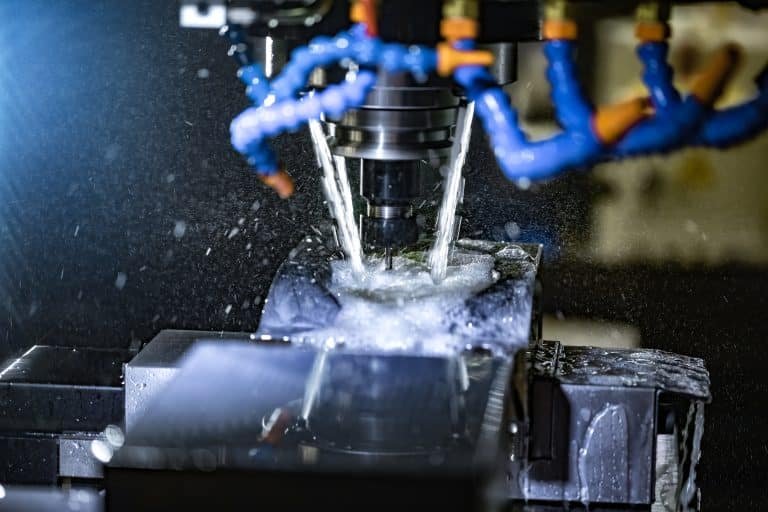The design of injection mold is one of the most important phases of plastic manufacturing. A quality mold design ensures quality, reduces production problems, and increases efficiency. This detailed guide covers the essential guidelines, important factors, and best practices for designing injection molds. This guide is designed for every injection molding professional, whether you have decades of experience or you’re new to the industry and looking to learn about the fundamentals of injection mold design and the impact of injection mold design on manufacturing.
What is Injection Mold Design?
Injection mold design refers to the process of creating molds used in injection molding, a manufacturing technique where molten plastic is injected into a mold cavity to form specific shapes. Mold design encompasses various components such as mold bases, cavities, cooling systems, and ejection systems, all tailored to meet product specifications.
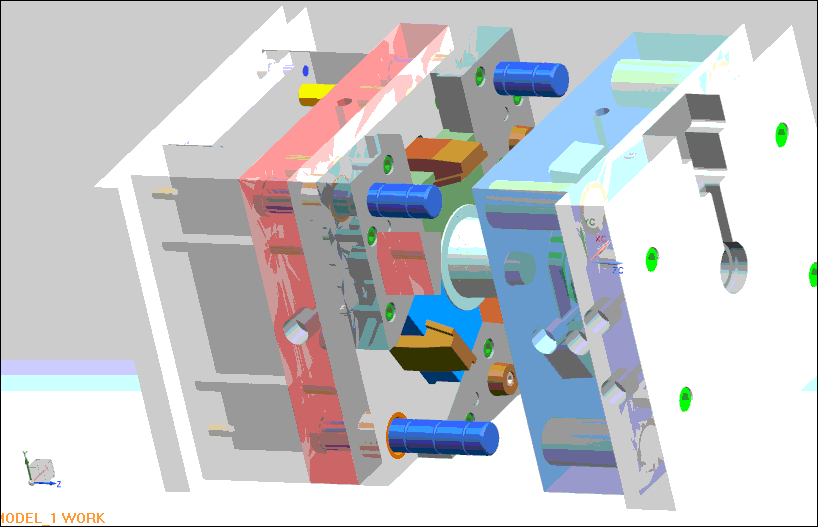
Key Objectives of Mold Design
- Getting precise dimensions of the finished product.
- Uniform cooling to prevent defects such as warping or shrinkage.
- Which makes the ejection of molded parts smooth.
- Optimizing the endurance over multiple production cycles.
Essential Principles of Injection Mold Design
1. Material Selection
Material selection of the mold and molded product influences performance. Mold materials can be common steel, aluminum, and alloys. Molded parts are commonly made of thermoplastics such as polypropylene, ABS , and polycarbonate.
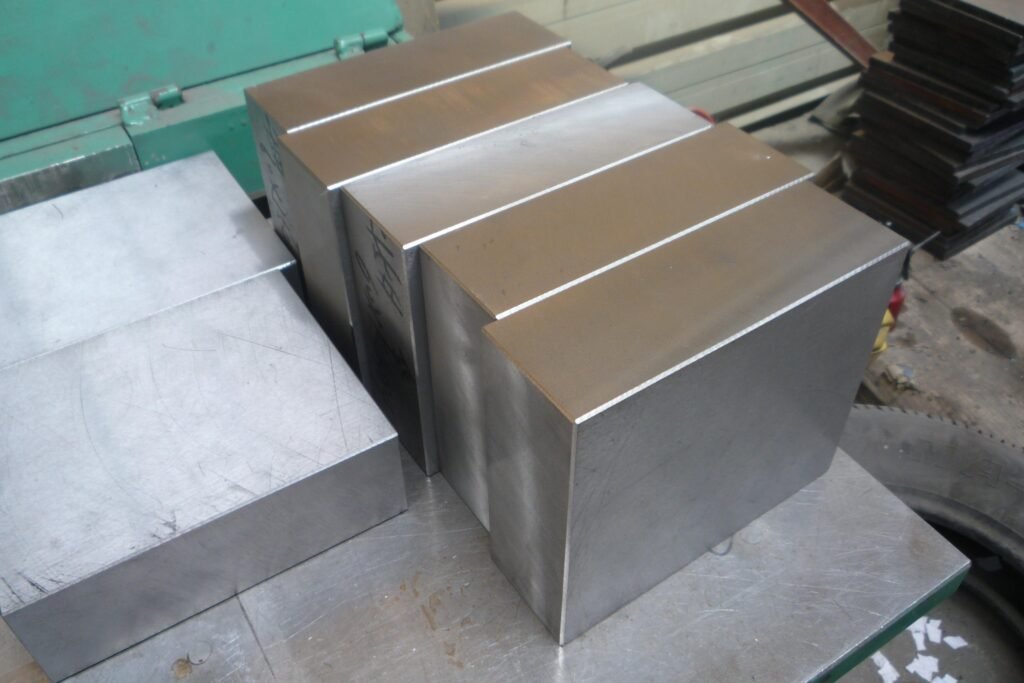
Key Considerations:
- Heat resistance and wear properties of mold material.
- Compatibility with the molten plastic’s thermal and mechanical properties.
2. Mold Layout and Parting Lines
The layout determines the mold’s efficiency and parting lines, where the two halves of the mold meet, influence the product’s appearance and functionality.
Best Practices:
- Position parting lines in inconspicuous areas.
- Ensure alignment for precision and reduced flash defects.
3. Gate Design
Gates are the entry points for molten plastic. Proper gate design ensures smooth flow and reduces pressure drop.
Common Gate Types:
- Edge Gate: Suitable for simple parts with uniform thickness.
- Pin Gate: Ideal for multi-cavity molds.
- Hot Runner Gate: Ensures reduced waste and faster cycle times.
4. Cooling System Optimization
Cooling accounts for the majority of the cycle time in injection molding. An optimized cooling system improves productivity and prevents defects.
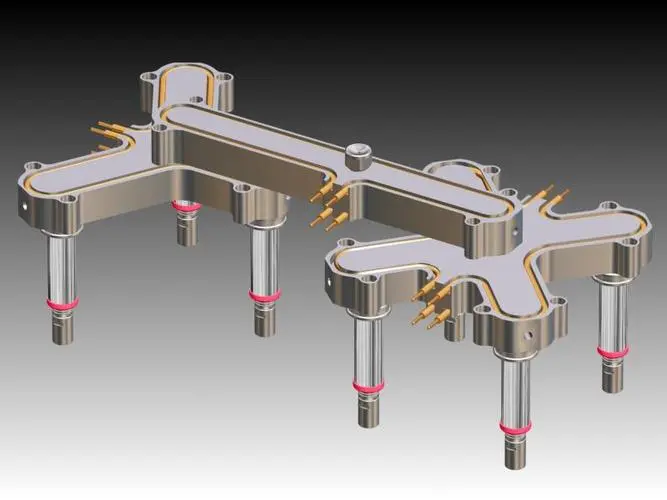
Techniques:
- Use conformal cooling channels for complex shapes.
- Ensure uniform cooling across all cavities.
Common Challenges in Injection Mold Design
1. Warping and Shrinkage
Improper cooling or uneven material distribution can lead to warping. Address this by ensuring uniform cooling and avoiding sharp transitions in wall thickness.
2. Surface Finish Issues
Surface defects may arise from mold imperfections or improper venting. Use high-precision machining and design adequate venting channels.
3. Complex Geometries
Molds for intricate designs require advanced techniques like EDM (Electrical Discharge Machining) and mirror spark technology.
How to Design an Effective Injection Mold?
Step 1: Understand Product Requirements
Understand the functional, aesthetic, and structural requirements of the product. In addition, commercial or open-source 3D CAD software can be used for visualization and to simulate the floor—like you would a physical model.
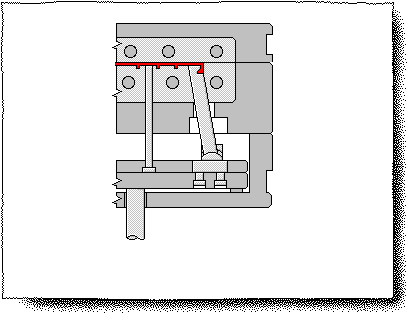
Step 2: Select the Right Mold Type
Depending on production volume and complexity, single-cavity, multi-cavity, or family molds are also available.
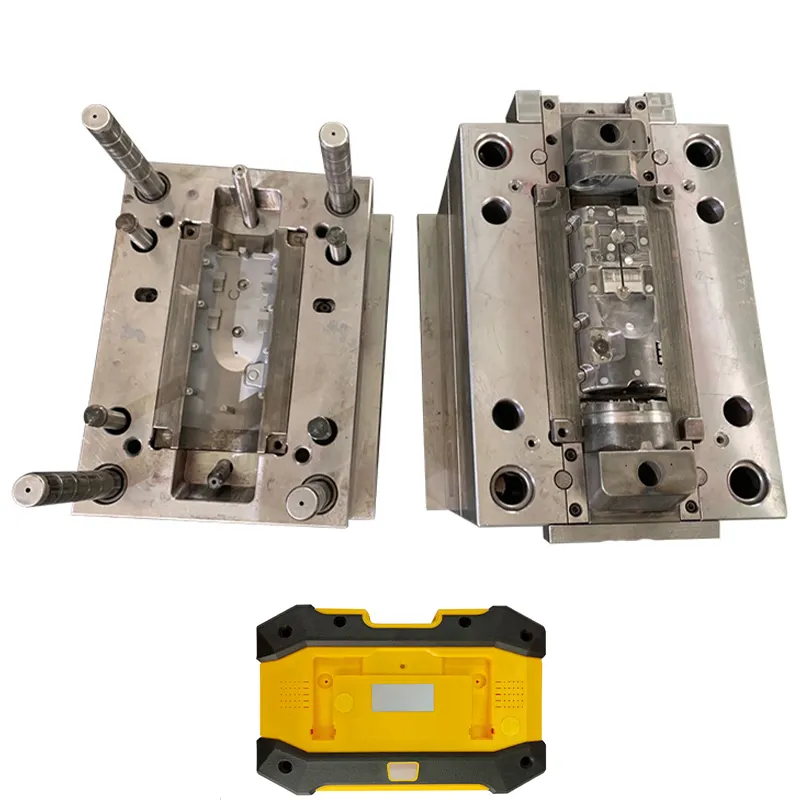
Step 3: Draft the Design
Embed draft angles (generally between 1–2 degrees) so that products can be removed endlessly without damaging the mold and implementation.
Step 4: Prototype and Test
Carve molds utilizing CNC machining or 3D print mock-ups. Conduct trial runs to ensure that the design is efficient.
Step 5: Optimize for Manufacturing
Optimize mold design to decrease cycle times, improve longevity, and make servicing easier.
Injection Mold Design for Different Industries
1. Automotive
Components like dashboards and bumpers require high precision, so molds are needed. They often need specialized materials and complex designs.
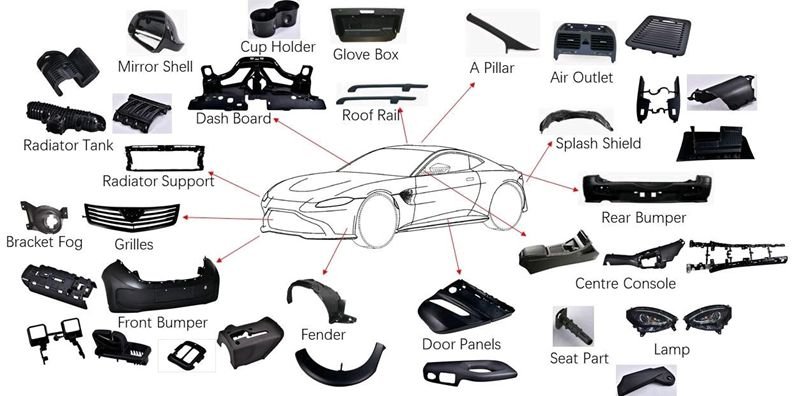
2. Medical
However, medical-grade molds need to meet high standards for hygiene and biocompatibility, as well as characteristics such as high precision and a flawless finish.
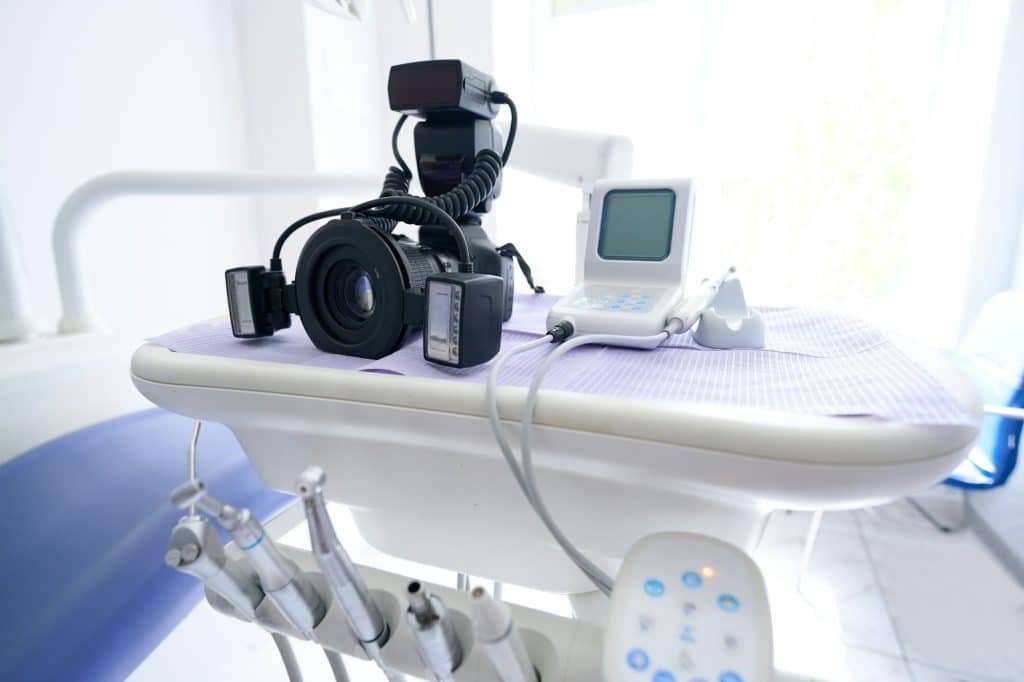
3. Consumer Goods
For consumer products like toys and electronics, molds emphasize aesthetics, durability and cost efficiency.
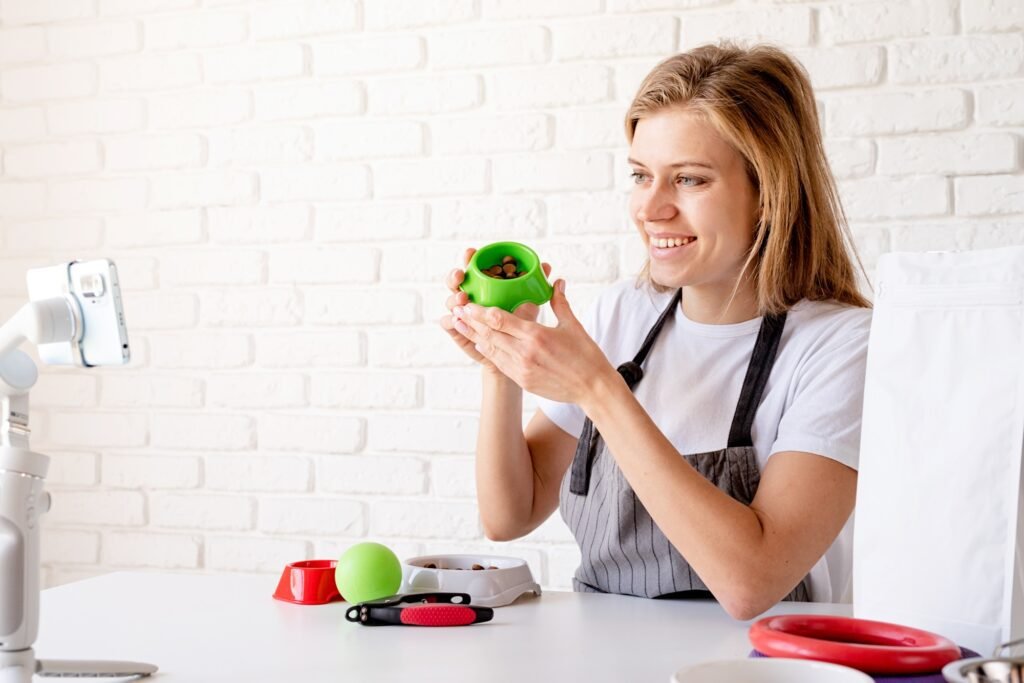
Best Practices for Successful Mold Design
- Collaboration: Work hand-in-hand with product designers, material specialists, and manufacturers.
- Simulation Tools: Use software to predict flow patterns, cooling times, and potential defects.
- Regular Maintenance: Molds can be made conveniently so that they can be maintained for a longer time.
About BFY Mold
We provide top-quality injection molding and mold making such as at BFY Mold. We provide mass production, demand production, CNC Machining, and mirror spark processing. We engineered our factory as the best in class for cutting and manufacturing solutions. Use our efficiency and expertise to realize your designs.
